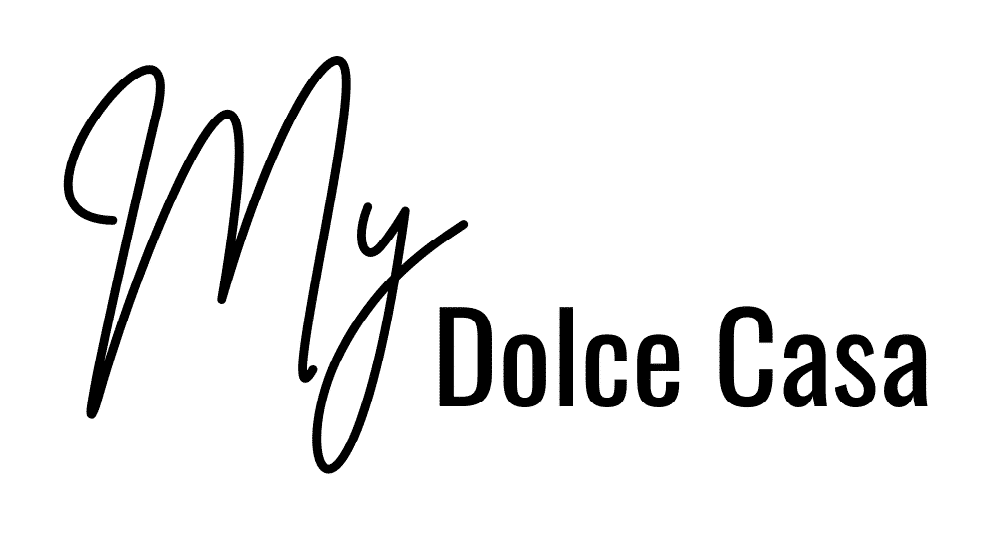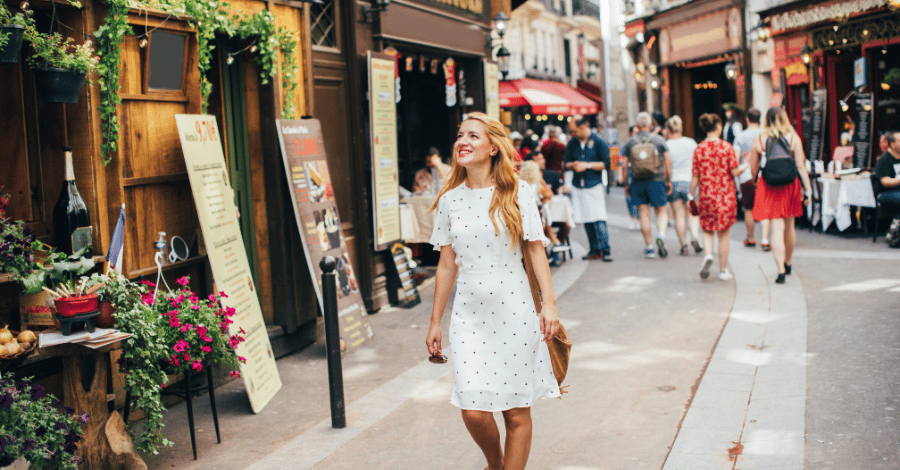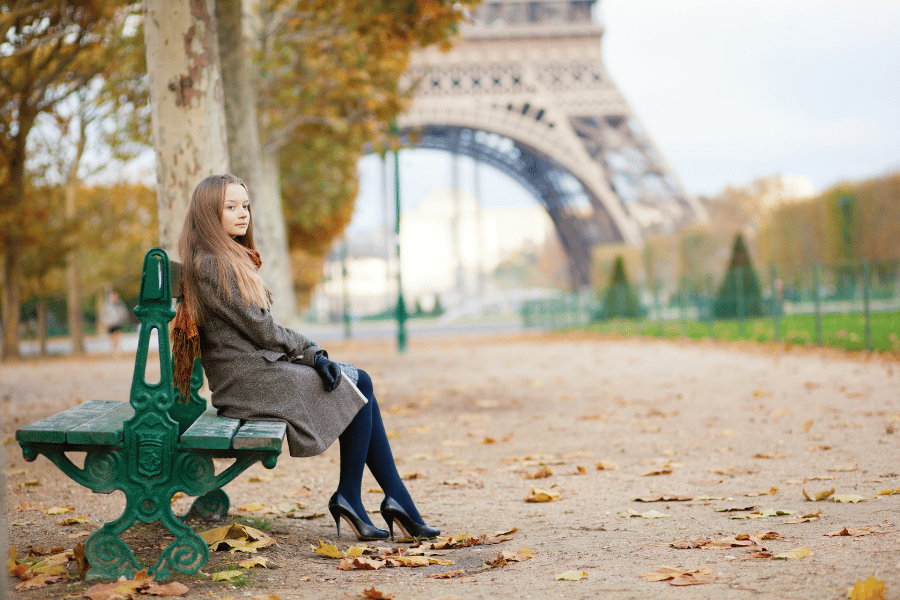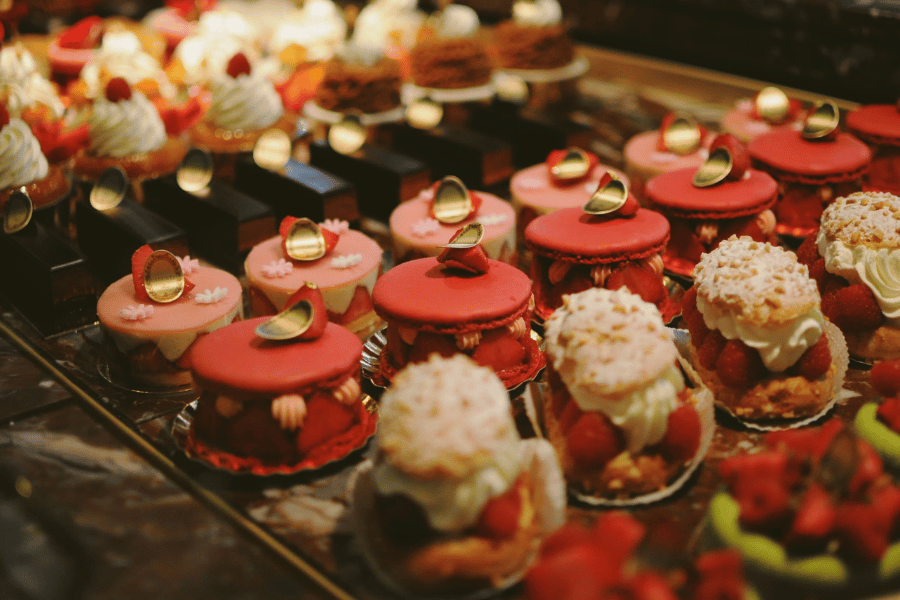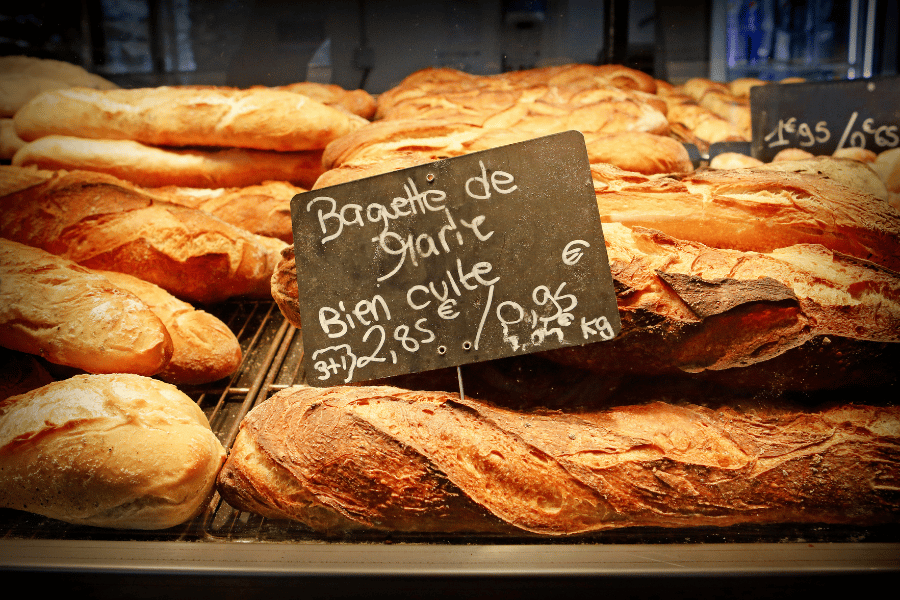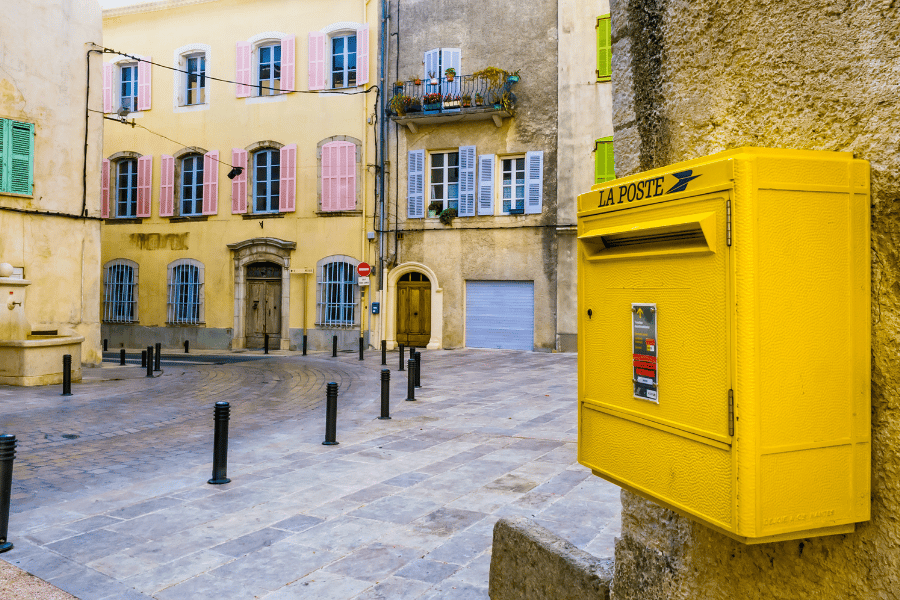France is a large country with great variety of regions and local characteristics. Its cities are memorable and many of its towns and villages are simply charming. So what are some facts about France that are most important to know if you want to learn about this amazing country?
There is a tangible French character that can be seen in the chic women in Paris and in the French cyclist with a string of onions hanging from his handlebars and a freshly-baked baguette tucked under one arm.
Moving to France, whether for a change of lifestyle with a young family or to enjoy a relaxed retirement, is a dream that can come true. What many find surprising is that although France is a European country it has many idiosyncrasies that make it very different and uniquely French!
1. It is important to speak some French
Although English is widely spoken in the cities, the French always appreciate someone who tries to speak their language and if your attempts are not easy to understand, they will then happily communicate in English. In sharp contrast, in rural areas it is often hard to find someone who speaks English. Although many study English as a second language at school, they lack the confidence to speak it.
If you are planning to live in France, it really will make things much easier if you can speak some French – even if you get your verbs in a twist.
2. The French have strong social etiquette
The French are very polite and whenever you meet a French person in the street or at the supermarket checkout, you should always greet them with Bonjour or Bonsoir and inquire about their health: Comment allez-vous? (How are you?)
Even when you are getting on a bus, you should always say hello and thank the person. As you leave, it is customary to wish that person Bonne journée (Have a good day) or bonne soirée (Have a good evening).
A golden rule is that you should not use ‘tu/ toi’ to a French person until you know them well, unless it is a child or teenager. If you are speaking with an adult French person you should show your respect by using the more formal ‘vous’. When you leave someone, you should say Au revoir (Goodbye).
3. Kisses are liberally given
Giving a kiss on both cheeks to family members and close friends when you meet them is an important part of everyday French life. This can be quite alarming if you come from a more reserved Anglo-Saxon culture. It is also common practice among work colleagues. However, the French are less likely than Americans or British people to give each other a spontaneous hug.
4. It is polite to be a little late
While in many countries it is considered impolite to arrive even a minute late, in France it is almost expected to be up to 15 minutes late for anything other than restaurant reservations, medical appointments and business meetings. Being slightly late is known as “le quart d’heure de politesse” (the quarter of an hour of politeness).
5. You will be living in the capital of bureaucracy
French bureaucracy is well-known and documented. Whether you are buying a car or registering to live in France, you will be amazed at the amount of paperwork generated.
The key to success is to always make photo copies of or scan every document and keep them carefully in chronological order. Yes, you will need to show them again!
It is essential that you always carry your Carte de Séjour (residency permit) in case you have to produce it as a form of ID.
If you are attending a medical or dental clinic or have a prescription for medication, you will be required to produce your Carte Vitale (health card) every time. You will be requested to pay for your treatment and prescriptions, but will be reimbursed 70% of the cost into your bank account very promptly. However, if you have a long-term medical condition, you are possibly eligible to be reimbursed 100%.
6. The French adore roundabouts and speed bumps
Although the roundabout is a British invention, you will find more of them in France. There are more than 30,000 roundabouts in France – even in the smallest villages. If you come from the US, you’ll have to learn quickly how to drive in a roundabout, as there is no escaping them.
There are numerous speed bumps too – which is definitely good, but the speed bumps are not all of the same design and some really are quite high. Best to approach them really slowly or you will scrape the undercarriage of your car.
7. Parking charges are much cheaper in France
There are many places in the towns and cities where car park charges are surprisingly cheap compared to other countries and plenty of free car parking can be found in many towns. Another huge bonus is that there is free car parking at most hospitals and railway stations in France.
8. Shop opening times are different
Shop opening times vary across the country – particularly in rural areas. Most supermarkets opening hours are 08:30 am to 7:30 pm from Monday – Saturday and 09:00 am to 12.00 pm on a Sunday morning. Hairdressers and beauticians are closed on Mondays. In rural areas, most small shops are closed all day on Monday and shops and offices are often closed between 12:00 pm to 2:00 pm for lunch, but there are exceptions everywhere.
9. French sales are large events
The Sales in France are called Les Soldes and can only be legally held twice a year in January and June and start on certain dates. The winter sales usually begin on the second Wednesday in January. The summer sales usually start on the last Wednesday of June, but if the last Wednesday is after the 28th of June, they will begin on the previous Wednesday.
The only occasions that reduced prices can be offered outside of these specified times is when there is a closing down sale – destockage – or a shop has an ‘end of a line’ to sell – fin de series — or if the shop is closing down completely.
10. Foreign foods can be hard to find
The French are rightly proud of the wide range of foods they grow and produce and try their best to protect them from foreign competition. Consequently, only a limited range of foreign foods can be found in supermarkets. Having said that, the French love Italian pizzas and pasta and there is a pizza take-away in almost every French town and village.
You will find some supplies of Chinese and Thai food ingredients, but if you enjoy the spicy Indian cuisine you are in for a disappointment. The French palate does not like hot spicy foods, so only mild curry powders and sauces are readily available.
Many British expats dearly miss tomato sauce, baked beans, custard powder and other items and this has led to several British owned specialty food companies who have websites portraying all these items and many more that they bring to France from the UK.
11. French meal times are important
‘The gastronomic meal of the French’ is so important that French cuisine was added to the UNESCO World Heritage list in 2010.
Breakfast is usually croissants or pain au chocolat with good coffee – served in a deep bowl so that bread can be dipped in it. Lunch is usually enjoyed between 12.00 am and 2:00 pm and for many, this is the main meal of the day, comprising of a main dish, cheese and dessert. If you prefer dinner in the evening, always remember that most restaurants serve meals between 7:30 pm and 9:00 pm. It is totally accepted to drink a glass of wine or two both at lunchtime and in the evening.
12. The French generally have a ‘sweet tooth’
Everyone loves chocolate and there is a fantastic selection of quality Swiss brands to be found in every supermarket. French patisseries always have an array of irresistible selection of pastries and cakes. Many French people prefer desserts and drinks with sugar and you will be amazed at the range of ice cream products available in supermarkets all year round.
13. Local boulangeries are amazingly popular
Many French people start the day with a visit to their local boulangerie (bakery) to buy a baguette (‘French stick’) or the larger ‘pain’ as well as croissants as well as pain au chocolat.
It is a common sight to see business people in suits carrying a baguette to the office and it is very acceptable to break the end (or the ‘snout’ of the bread) off and eat it as you go. Some boulangeries are also patisseries where you will be tempted by chocolate eclairs, meringues and fruit tarts amongst others.
14. Everyone can access the public healthcare system
The French public healthcare system is considered one of the best in the world. All French citizens and residents have access to the system which is funded through social security payments made by employees, employers and the state.
The scheme covers almost 75% of basic medical charges and remaining costs are usually covered by an individual’s private insurance plan. To be entitled to healthcare, both French nationals and non-French nationals must apply for La Carte Vitale (health card) and it is recommended that all have a supplementary private health insurance (known as a ‘mutuelle’).
15. Doctors’ surgeries are often in apartments
Many doctors, dentists and other health professionals use converted apartments for their surgeries. Most do not have a receptionist so they will answer the telephone and make appointments when you are in the room with them.
When you arrive in the waiting room, always take note who is in front of you as there is rarely an intercom to announce when it is your turn.
16. Modern house numbers are not always consecutive
In many rural areas, house numbers have recently been given to houses rather than using just house names. What is rather strange about this is that the house numbers in a street are not consecutive at all but increase by different increments.
The reason for this is the house number gives an indication of the distance in meters between the junction at the end of the road to each house. It is not unusual to find a house with the number 247 standing close to the next neighboring house number 303.
17. French bed pillows are square
It is not impossible to buy rectangular pillowcases, but it is certainly not as easy as buying square ones. The standard size for a French pillow is 60 cm by 60 cm. French bedding is certainly beautiful, but check the label carefully before buying as most items are 100% cotton and that means lots of ironing.
18. It is easy to open a French bank account
French banks offer a good range of services to foreign customers and opening a new account with a French bank is straight forward. There are documents that are required for you to do this and these include your passport or national ID card, proof of address such as a utility bill and proof of your employment status.
Your application will be processed and shortly afterwards you will be sent your RIB (relevé d’identité bancaire), which is confirmation of your bank account details. It is only when you have received this notification that you will be able to use your new account.
19. You can’t get cash back in a supermarket
It is certainly strange to see cheques being written in shops these days, but they remain surprisingly popular in France, especially with older people.
Although credit and debit cards are used everywhere, you will definitely get some strange looks if you try to explain that you would like cashback in a supermarket. Luckily, there are ATMs in many locations including outside supermarkets.
20. You can’t buy any medication in a supermarket
In the US, UK and Australia you can buy a wide range of pharmaceutical products such as ibuprofen, paracetamol and medicines for upset stomachs, coughs, colds, flu and hay fever. In France, if you need these products you must go to your local pharmacist. The good news is that there are more than 22,000 pharmacies in France.
French pharmacies are all privately owned and are very different to CVS and Duane Read in the States and Boots and Superdrug in the UK as they only sell pharmaceutical and health care products.
21. You will hear plenty of French music on local radio stations
35% of all music you will hear played on privately-owned radio stations will be French music. In 1994, the French Government introduced this law as a way of protecting the French music industry from an invasion by Anglo-Saxon music.
Part of the fun of moving to a new country is discovering all the new and exciting things it has to offer. True, there will be differences that you may not like but the best thing is to immerse yourself in local life, buy local products, accept the different customs and traditions and in no time at all, France will definitely feel like home.
